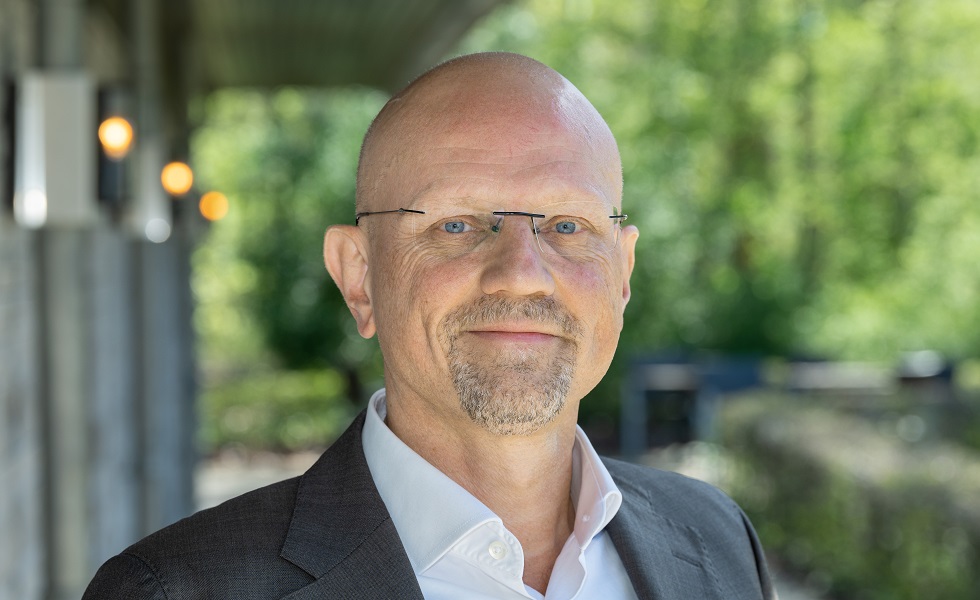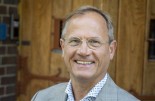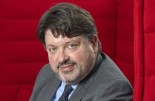Harry Geels: Why universities are under fire

This column was originally written in Dutch. This is an English translation.
By Harry Geels
In the US in particular, there is an almost ideological battle raging between the Trump administration and the scientific community. Many commentators use this to express their disgust for Trump. But what is the underlying story?
In recent years, it has been striking how often universities in the United States have become the target of political rhetoric, especially among Republican leaders and particularly during the Trump administration. We are seeing budgetary pressure, attacks on the supposed ‘woke’ culture, and attempts to restrict certain fields of research, such as gender studies and climate science.
Why are institutions of knowledge the scene of political polarisation? It seems to be more than a difference of opinion about policy. A deeper cultural struggle is emerging, a clash between different world views. Let's list three plausible explanations. Not as an indictment, but as an attempt to understand.
1) Universities as ideological bastions?
In the eyes of many conservatives, universities have become ideological bastions of a left-wing progressive elite. Students and lecturers are said to be increasingly less open to dissenting opinions. Conservatives cite ‘cancel culture’ as proof that freedom of expression is under pressure. Universities are no longer knowledge-neutral, but ‘parties’ in the social debate.
2) Distrust of technocracy
The cultural tension touches on a deeper distrust of technocratic governance. Economist and Nobel Prize winner Friedrich Hayek warned as early as 1974 about the ‘pretension of knowledge’: the idea that scientists and policymakers could design society based on data and models. He spoke of ‘scientism’, the belief that only science can uncover ‘truths’.
In his 1974 Nobel lecture, Hayek said: ‘To act on the belief that we possess the knowledge and the power to shape the processes of society entirely to our liking is likely to make us do much harm.’ In this view, universities are not seen as neutral, but as suppliers of blueprints for government measures, with individuals being subjected to the judgement of ‘scientific’ experts.
In 1968, German philosopher Jürgen Habermas argued that science and technology have come to fulfil ideological functions in modern societies and warned that technocracy is replacing democracy. ‘Technocratic thinking conceals political choices as technical necessities.’ Incidentally, Habermas was a defender of science, but one embedded in democratic debate.
3) Science as a cover for politics
Milton Friedman, another influential thinker in the conservative-liberal camp, also criticised, as a professor of all people, what he saw as the overestimation of science in economic policy-making. He pointed out that models can never fully capture the complexity of human behaviour and institutions. According to Friedman, policy is often packaged as science, when in essence it is ideology.
Friedman: ‘The great danger to freedom is the concentration of power, whether in the hands of government or academia’. In this short YouTube video, he explains in detail that scientists want maximum freedom for themselves to conduct any research they find interesting, but that they do not really grant that freedom to others. Moreover, scientists think they know better than others.
Finally: clash or dialogue?
From the above perspectives, universities are not neutral, but rather players in a broader struggle for ideas and power. The call for scientifically based policy sounds rational, but according to conservatives, it often hides a preference for centralisation and government intervention, elements that bear a striking resemblance to the kind of ‘soft socialism’ that Hayek and Friedman warned against.
The gap between universities and conservative politics in the US does not seem to be narrowing for the time being. But understanding begins with exploring each other's mindsets. Perhaps it is time, instead of attacking each other, to examine why this clash runs so deep. And whether there is room for dialogue, precisely because we recognise that science is not all-powerful, but can indeed be supportive.
Afterthought
There may be a fourth nuance to be made with regard to science, at least for the social sciences, and that is that the conclusions of the vast majority of empirical studies later turn out to be incorrect or only partially correct. Social sciences are often normative on the basis of ‘flawed’ research.
The acclaimed Nassim Taleb writes in one of my favourite books, Fooled by Randomness: ‘There are two kinds of [empirical] theories: those that are already known to be wrong, as they were tested and adequately rejected (falsified), and those that are not yet falsified, but will be proven wrong sooner or later.’
Hayek, quoted above, was also sceptical about the use of empirical data: ‘Data are fictitiously assumed to be given to the explaining theorists. They are widely dispersed knowledge of millions of people, which can in no way be unified.’
This article contains the personal opinion of Harry Geels.









